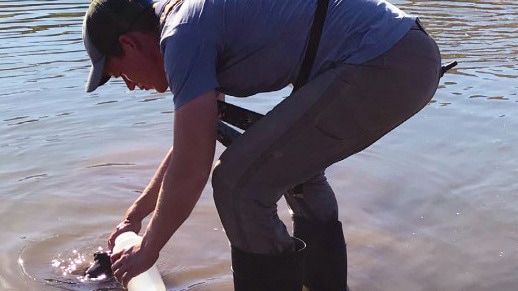What to know
The Waterborne Disease Outbreak Investigation Toolkit was designed to assist state and local health departments in conducting waterborne disease outbreak investigations. Using experiences of epidemiologists at the state and local levels, this toolkit describes best practices in preparing for, identifying, and responding to a waterborne disease outbreak.

The Waterborne Disease Outbreak Investigation Toolkit was designed to assist state and local health departments in conducting waterborne disease outbreak investigations. Using experiences of epidemiologists at the state and local levels, this toolkit describes best practices in preparing for, identifying, and responding to a waterborne disease outbreak.
About this toolkit
CDC developed this toolkit to help partners address the unique challenges they face when investigating waterborne disease outbreaks. Because of the numerous ways in which water impacts every person's daily life, timely detection, response, and control of these outbreaks are crucial to protect public health.
Did you know?
This toolkit lays out a framework for a waterborne disease investigation and consolidates resources to assist investigation activities. Examples of content included in the toolkit are sections on detecting a waterborne disease outbreak, generating and testing hypotheses, identifying the outbreak source, and deciding when the outbreak is over. The toolkit also provides prevention and education materials, as well as appendices on interpreting epidemic curves, confirming diagnoses, and investigating harmful algal blooms.

